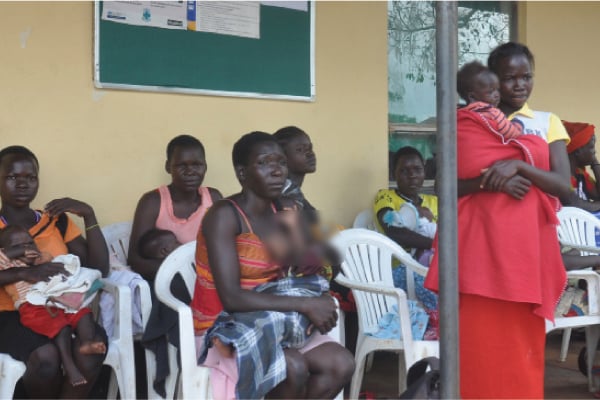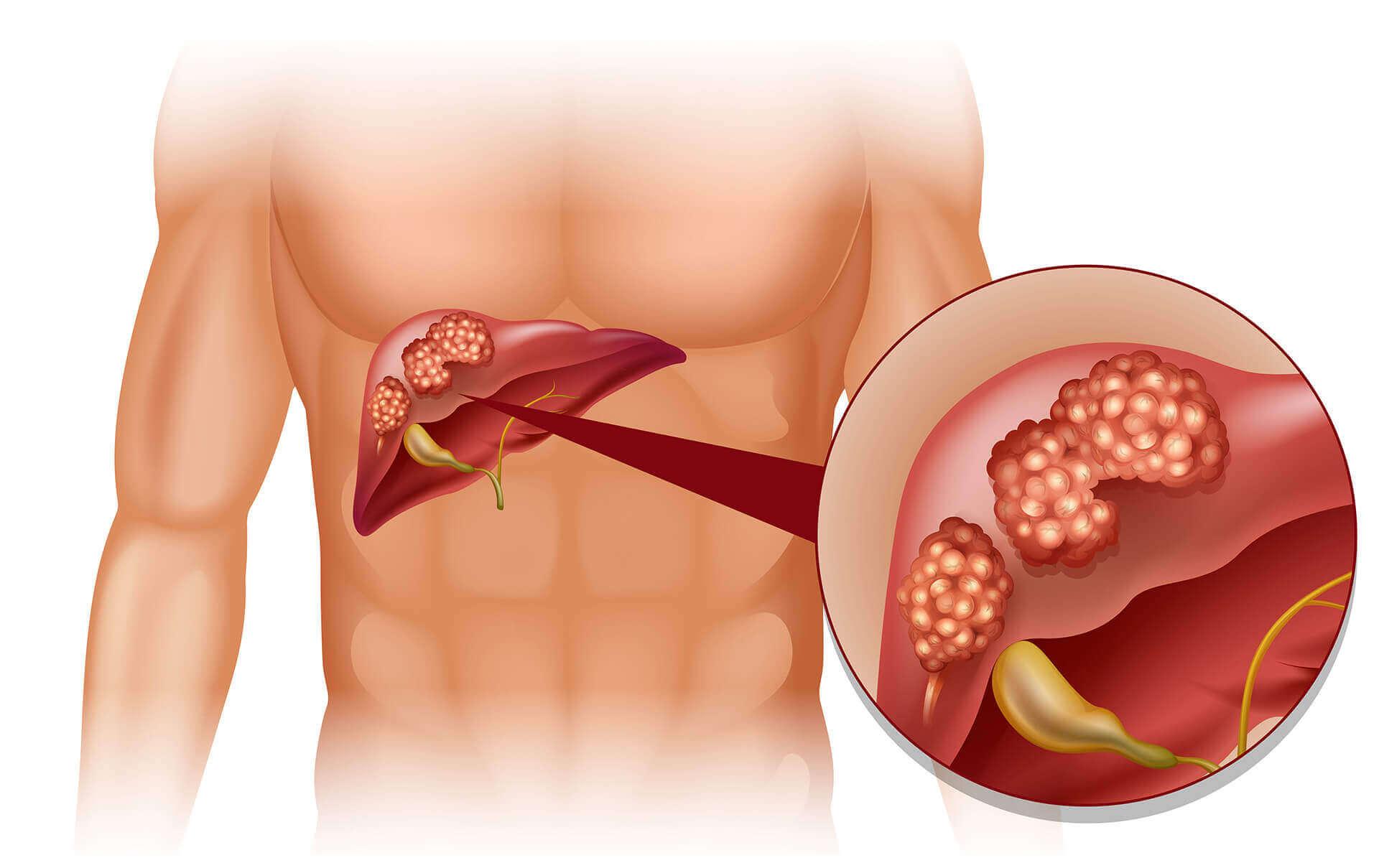Prime
Worry over high child cancer cases in Acholi

Women queue with their children at Kocgoma Health Centre III in Nwoya District last August. Child cancer cases in northen Uganda have steadily grown over the past two years, according to health experts. PHOTO/TOBBIAS JOLLY OWINY
What you need to know:
- The health experts say the trend is worrying as it is exacerbated by late diagnosis, which has seen a rise in deaths.
Public health experts are struggling to figure out a probable reason for a surge in child cases in northern Uganda.
The health experts say the trend is worrying as it is exacerbated by late diagnosis, which has seen a rise in child mortality.
At St Mary’s Hospital, Lacor in Gulu City, the only facility in the region equipped to manage the disease, the numbers have steadily grown over the past two years, according to Dr Venice Omona, the Head of the Paediatrics Department.
Between January 2021 and August 2022, Dr Omona says, the hospital received 191 children with cancer cases.
Of these, 41 succumbed to the disease, while another 80 children were referred to Uganda Cancer Institute in Kampala for further management.
Dr Omona says Burkitt’s lymphoma is the most common cancer type found in children who visit the facility. Of the 191 recorded cases, 67 were of Burkitt’s lymphoma.
Burkitt’s lymphoma is a rare but fast-growing cancer, which affects the jaw, central nervous system, bowel, kidneys and other organs.
“In the majority of cases that we detect in children, you find that one kidney is affected while one is spared. However, there are rare instances where you have children with both kidneys affected in the infection,” Dr Omona says.
Dr Omona says they receive children with different types of cancers of which others cannot be managed at the facility and are later referred for further management.
The most common children cancers are leukaemia, brain tumours, lymphomas, neuroblastoma, kidney tumours, and malignant bone tumours
“There are other types of cancers such as brain tumours and Leukaemia. Unfortunately as a hospital, we are not able to manage all these cases, so most times we take care of cases of Burkitt’s lymphoma and some of the other lymphoma cases, including Wilms Tumour and Rhabdomyosarcoma,” Dr Omona explains.
Besides, the hospital cannot also handle the overwhelming cases.
“The hospital lacks a paediatric oncologist, an expert who is specialised in dealing with children with cancers. We have the paediatricians and the medical officer managing these patients yet they need to be managed by a specialist,” Dr Omona explains.
Dr Omona urges government and other stakeholders to double efforts in reducing malaria prevalence since Burkitt’s lymphoma is linked to malaria.
“One thing that needs to be focused on is malaria prevention right from vector control because scientifically, there is a known connection between endemic Burkitt’s lymphoma and malaria,” he explains.
Malaria prevalence in northern Uganda remains worrying. A reports by the Gulu District Bio-statistician show that a total of 226,995 patients (87,374 males and 139,621 females) were diagnosed with malaria in the first quarter of the financial year 2020/2021.
Dr Kenneth Cana, the Gulu District Health Officer, attributes the surge in childhood cancer cases to various reasons ranging from genetics to viral, bacterial and parasitic causes.
“For the case of Burkitt’s Lymphoma, we are highly suspecting malaria parasites, the mosquitoes,” Dr Cana explains.
READ: Let’s support cause to build children’s cancer hospital
National outlook
The Uganda Cancer Institute (UCI) says it detects at least 600 cases of cancer among children each year. Dr Joyce Balagadde Kambugu, who heads the clinical management of childhood cancer at the Institute, however, says 75 percent of children with cancer in the country are either misdiagnosed or undiagnosed. According to Dr Noleb Mugisha, the head of cancer prevention at the UCI, low diagnosis of childhood cancer is caused by what he described as uniqueness of the disease and limited awareness about it. Dr Mugisha, however, says childhood cancer is curable.
According to Dr Jackson Orem, the UCI executive director, the survival of common childhood cancers have increased from 45 per cent to 75 per cent in the last 10 years.




